Microsoft's Bold Gamble: Inside the $1 Billion Strategy of Xbox Game Pass
- Sep 30, 2024
- 0
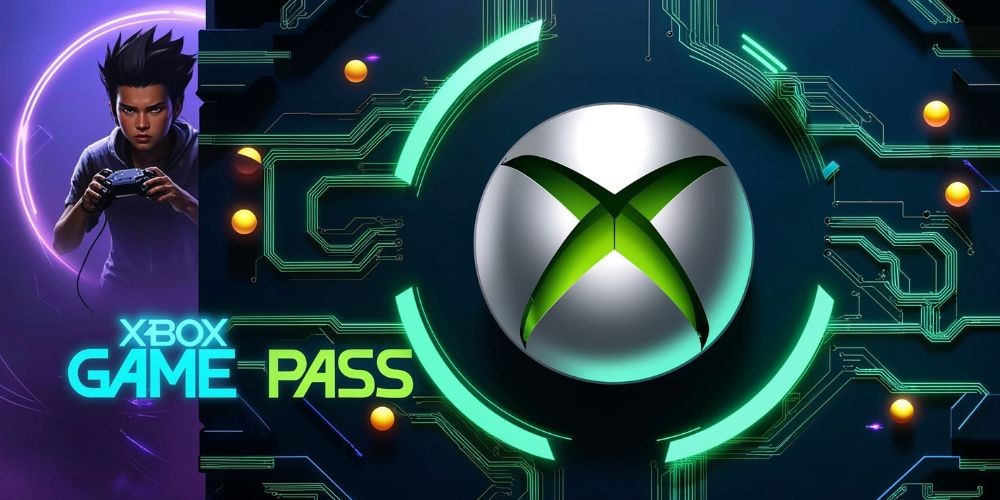
Within the dynamic world of gaming, subscription-based platforms are becoming increasingly pivotal in shaping player experiences and industry dynamics. One major player in this space is Xbox Game Pass, an offering from Microsoft that has rapidly transformed the way gamers access and enjoy a rotating library of titles. However, the success and growth of Game Pass come at a considerable cost. Recent reports suggest that Microsoft invests a staggering amount each year to secure third-party games for the platform, illuminating the complex negotiations and diverse strategies the company employs to keep its library fresh and enticing. This article examines the nuances of Microsoft’s investment strategy for Game Pass and its implications for both developers and gamers alike.
Substantial Financial Commitment
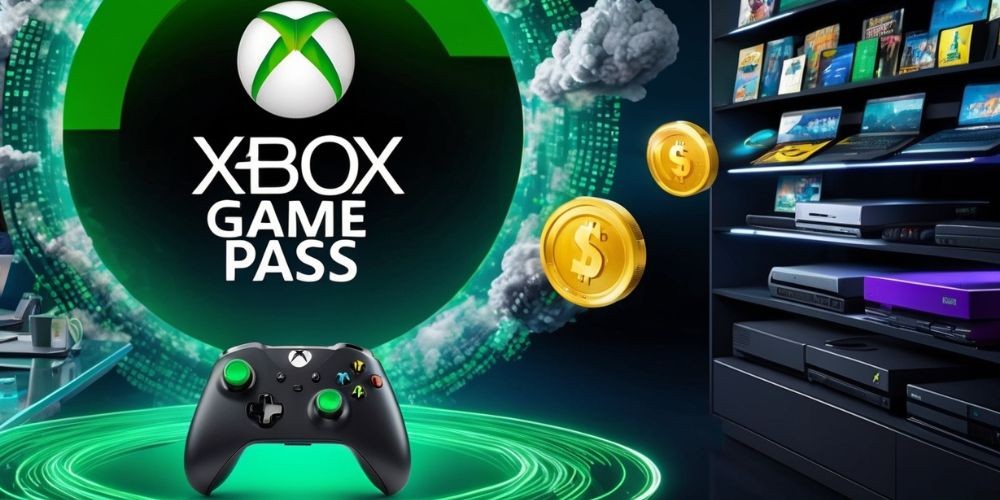
Microsoft's commitment to enhancing its Game Pass library is evidenced by the reported expenditure of $1 billion each year. This investment emphasizes the company's strategy to lure developers and publishers into bringing their games to the service, fostering diversity and variety that keeps subscribers engaged. By allocating such a significant budget, Microsoft demonstrates its determination to solidify Game Pass as a premier platform for gamers.
Flat Fees for Smaller Publishers
One tactical approach Microsoft employs is offering substantial upfront payments to smaller publishers. These flat fees, often amounting to millions of dollars, effectively incentivize developers to add their titles to Game Pass. This tactic not only benefits the publishers but also enriches the Game Pass experience by introducing a wider array of gaming options for subscribers.
Negotiation Strategies for New Releases
When it comes to new game releases, Microsoft typically invests more in securing these titles for Game Pass. The financial arrangements for new releases often involve higher fees compared to those for older games, reflecting the greater perceived value of a launch-day presence on the platform. By front-loading these investments, Microsoft aims to attract attention and drive subscription growth.
A Flexible Approach to Agreements
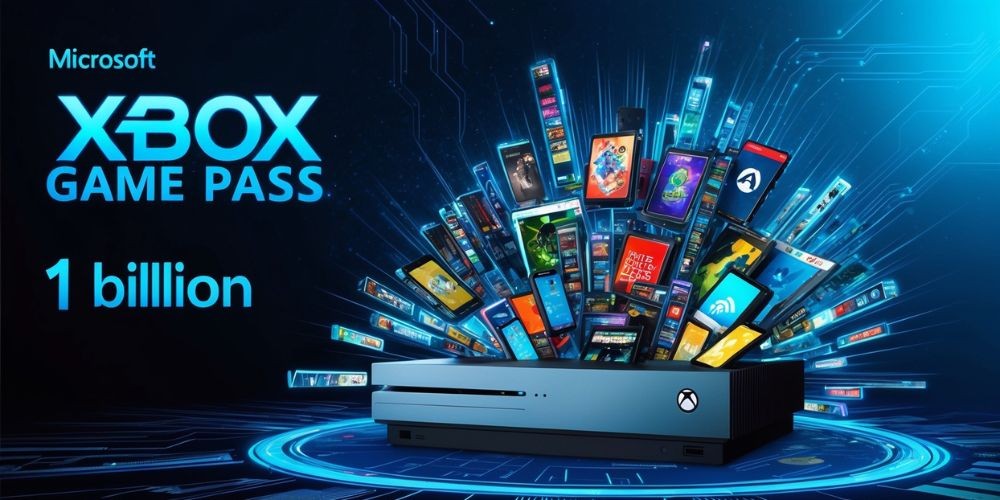
Phil Spencer, the leader of Microsoft Gaming, has openly addressed the multifaceted nature of the deals surrounding Game Pass. He acknowledges that the agreements can vary significantly, leading to a somewhat chaotic business model. This flexibility allows Microsoft to tailor its approach based on individual developers’ needs and the titles being considered, ultimately fostering a collaborative atmosphere.
Funding Game Development
In some scenarios, Microsoft goes so far as to wholly fund the development of games, enabling studios to pursue their projects without the burden of financial risk. This strategy not only ensures that the game will be completed but also permits developers to sell their titles on other platforms—such as PlayStation or Steam—while still benefiting from inclusion in Game Pass.
Different Payment Structures
Microsoft's negotiation structure is not limited to upfront payments. In certain cases, when a game is already completed, Microsoft may offer a straightforward cash deal to bring the title onto Game Pass. In addition, some deals might be based on projected monetization through in-game sales, reflecting a more performance-oriented payment structure. This variability enables a personalized strategy that fulfills the needs of each game and developer.
A Lack of Standardization
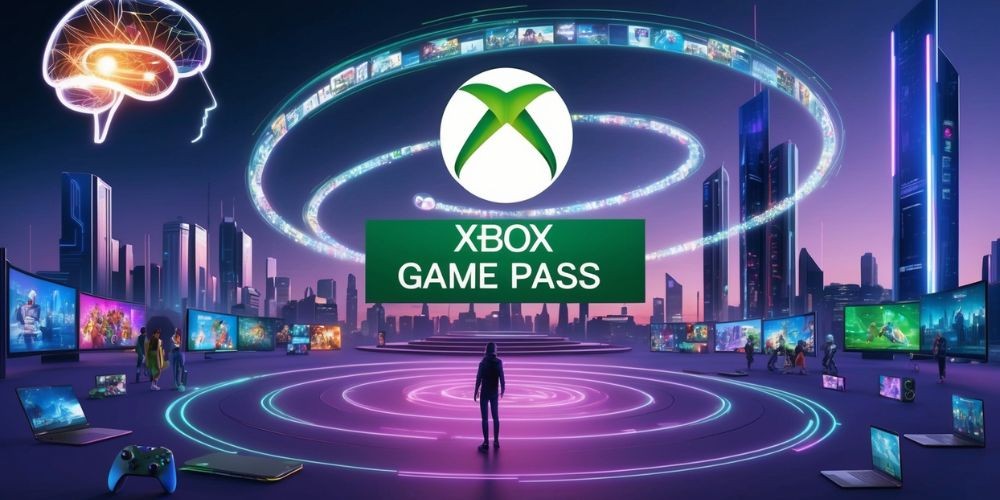
The absence of a standardized method for Game Pass agreements can create challenges and uncertainties. Spencer has candidly admitted that Microsoft is still experimenting with various strategies to find the most viable paths forward. Their willingness to explore different options suggests a responsive and adaptable approach to the ever-evolving gaming market.
Challenges with Larger Publishers
While Microsoft can attract smaller developers with lucrative deals, larger publishers often have different motivations and may decline to agree to Game Pass arrangements. For example, Strauss Zelnick, the head of Take-Two Interactive, has expressed skepticism toward launching major titles on Game Pass at launch. He argues that such decisions do not align with their business strategy, showcasing the complexities of publisher priorities in the current market.
Historical Perspectives from Take-Two
Take-Two has participated in the Game Pass ecosystem by offering some of its older titles, including titles like Grand Theft Auto V and Red Dead Redemption II. However, these titles have since cycled out of the Game Pass catalog, reflecting the transient nature of game availability on the platform. This raises questions around the libraries that subscription services can sustain over time.
New Titles vs. Older Releases
The economic sustainability of including brand-new releases in subscription services remains a controversial topic. This skepticism plays a key role in why competitors like Sony have not adopted a comparable strategy for their PlayStation Plus service. Their preference to withhold new titles ensures that traditional sales avenues remain intact for newly released games.
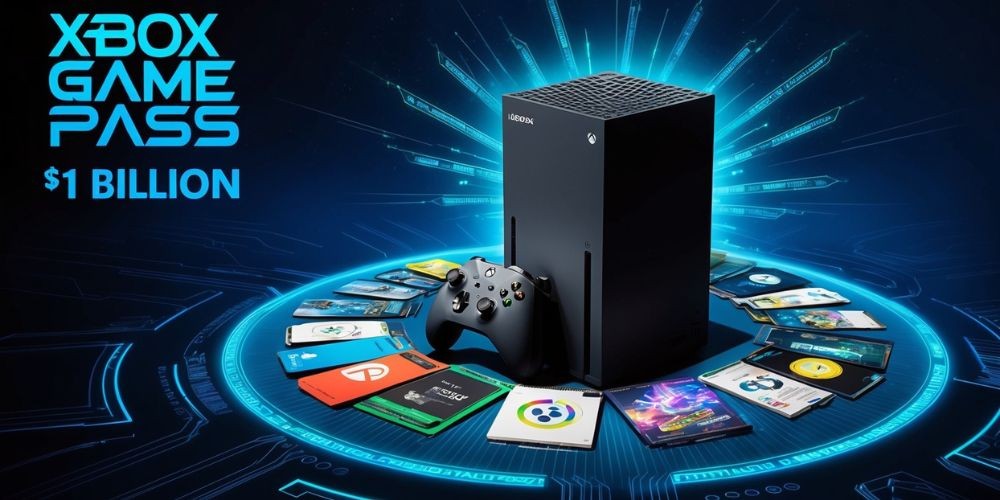
Expanding Game Pass Options
Amidst these negotiations and strategies, Microsoft continues to innovate. Recently, they introduced a Standard tier of Game Pass to cater to diverse user preferences. This tier features distinct attributes compared to existing options, signaling a commitment to enhancing user choice and value.
The Future of Game Pass
As Microsoft propels Game Pass into the future, it is vital to analyze the effects of its expansive investment strategies. The balance of securing high-quality titles while maintaining an economically viable model will be a continual challenge as the gaming landscape evolves. Game Pass's ability to attract and retain subscribers will hinge on the effectiveness of these ongoing negotiations.
Industry Impact
The ripple effects of Microsoft's Game Pass strategy extend beyond just Xbox. Developers and publishers across the industry are observing how these agreements influence game availability and monetization. This could prompt alterations in how games are funded and released in other platforms, inciting a competitive drive to adapt similar models.
Concluding Thoughts
The hefty investments made by Microsoft to enrich Game Pass are a testament to its ambition to dominate the subscription gaming market. As this strategy unfolds, it will serve as a case study for future subscription models across the industry. It remains uncertain whether this approach will foster a sustainable ecosystem capable of supporting diverse gaming experiences, but the stakes in the digital entertainment world are undeniably high.